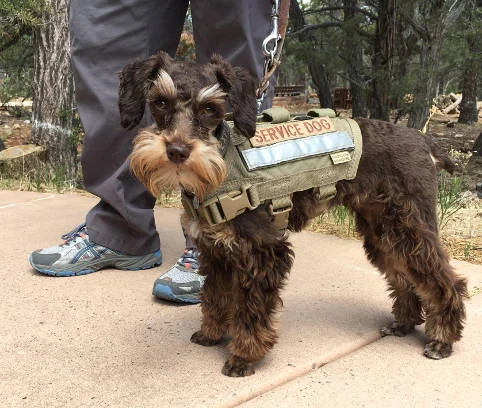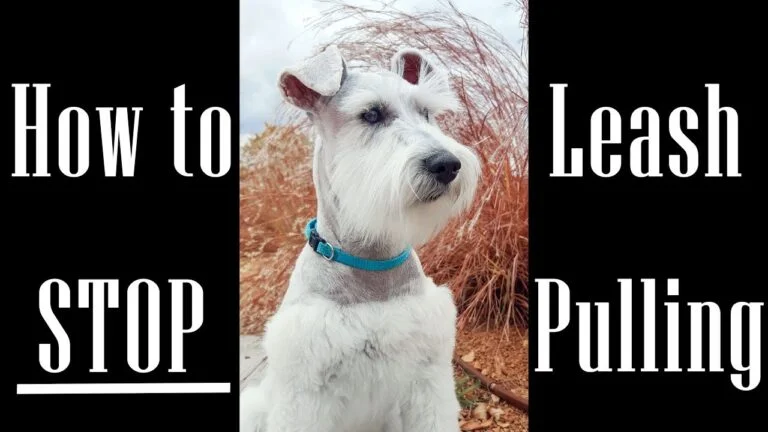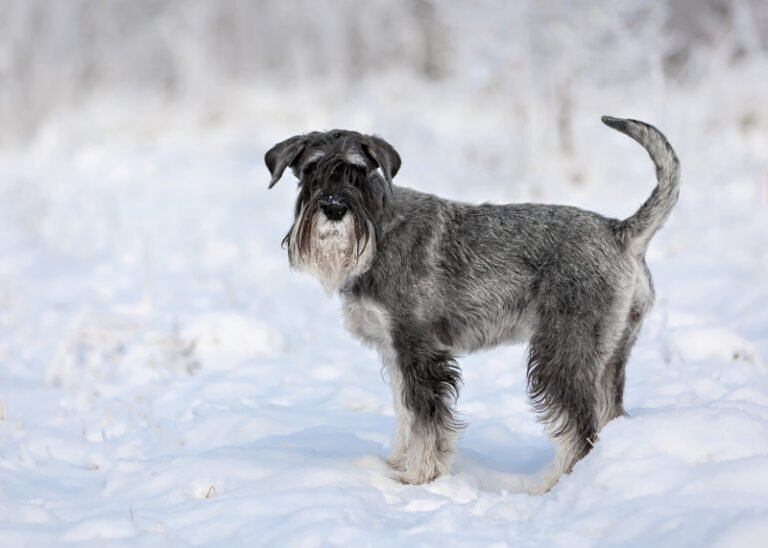Do Mini Schnauzers Get Along with Other Dogs?
From their iconic bearded faces to their lively, engaging personalities, Mini Schnauzers have carved a special place in the hearts of dog lovers worldwide. However, one recurring question among potential owners and enthusiasts is, “Do Mini Schnauzers get along with other dogs?” To paint an accurate picture, we’ll explore their breed history, inherent traits, and factors affecting their interspecies interactions.
The Historical Backdrop of Mini Schnauzers
The roots of a breed can offer a profound understanding of its current disposition and behavioral tendencies.
Origin and Purpose
Bred primarily as a farm dog in Germany, the Mini Schnauzer’s roles included:
- Ratting: Efficiently hunting and controlling pests.
- Guarding: Being an alert watchdog for the family and livestock.
Breed Traits from Their Working Days
This multifaceted background instilled in them:
- Alertness: Always on the lookout for potential threats or pests.
- Tenacity: Persistence in tasks they’re assigned.
- Vocal Behavior: An inclination to bark to alert or communicate.
Decoding Their Compatibility with Other Dogs
While historical background sets the stage, other factors come into play when understanding Mini Schnauzers’ relationships with fellow canines.
Early Socialization
Early exposure to various dogs, situations, and people during their puppy phase plays a pivotal role in shaping a Mini Schnauzer’s adult behavior.
Training and Discipline
A well-trained Mini Schnauzer that respects boundaries and understands commands will naturally navigate canine relationships with more grace.
Individual Personality Traits
Each Mini Schnauzer is an individual with its preferences, quirks, and personality. Some may thrive in the company of other dogs, while others might be more reserved or selective.
Keys to Harmonious Dog Introductions
If you’re keen on introducing a Mini Schnauzer to another dog or bringing another breed into a Mini Schnauzer-dominated household, here’s a roadmap for success:
- Neutral Territory: Start introductions in a neutral area to avoid territorial instincts.
- Leash-Control: Keeping both dogs on a leash ensures safety and control.
- Reading the Signs: Monitor their body language for positive (wagging tails, playful gestures) or negative (growling, stiff posture) signals.
- Incremental Interaction: Initial meetings should be short, gradually increasing in duration.
- Reward-Based Approach: Encourage and reward positive interactions and interventions if necessary.
Frequently Asked Questions
| Question | Answer |
|---|---|
| Are Mini Schnauzers naturally aggressive towards other dogs? | While they can be assertive or vocal, Mini Schnauzers aren’t inherently aggressive. Proper socialization can further mitigate any potential challenges. |
| Do they gel better with certain dog breeds? | Mini Schnauzers often do well with breeds that respect their space and aren’t overly dominant, but individual compatibility varies widely. |
| Is adopting a Mini Schnauzer puppy better for multi-dog households? | While puppies tend to be more adaptable, adult Mini Schnauzers with a history of positive dog interactions can also be a fantastic choice. |
Conclusion
Mini Schnauzers, with their zest for life and spirited nature, can indeed form delightful bonds with other dogs when given the right environment, training, and socialization. They’re testament to the idea that size doesn’t define capability, and with understanding and patience, these little dynamos can be the perfect addition to households with multiple furry members.








